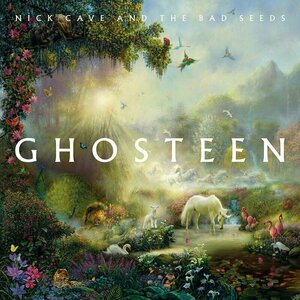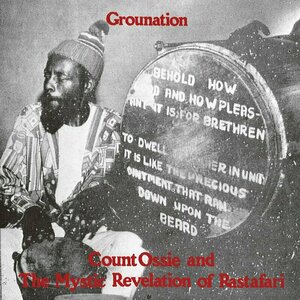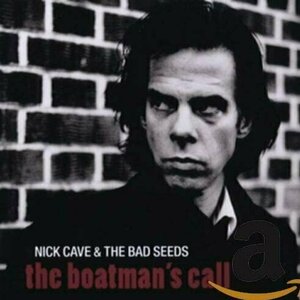
The Boatman's Call by Nick Cave & The Bad Seeds
Album
For their 10th album – and follow-up to the cheery Murder Ballads – Nick Cave & The Bad Seeds...

Wisdom Cards - Spiritual Guide
Catalogs
App
These wisdom cards allow you to give profound readings to yourself and your beloved ones. Use the...
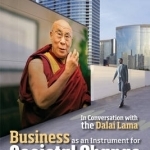
Business as an Instrument for Societal Change: in Conversation with the Dalai Lama: Business as an Instrument for Societal Change
Book
Business as an Instrument for Societal Change: In Conversation with the Dalai Lama is the result of...
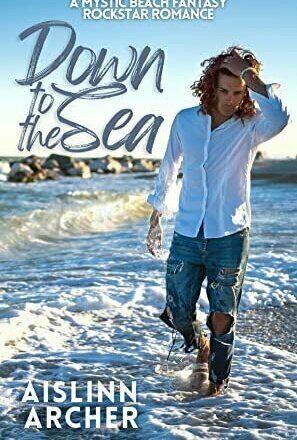
Down to the Sea (Mystic Beach, #1.5) by Aislinn Archer
Book
Aedan “Mace” Mason is the lead singer of legendary rock band Telltale Signs and a fixture in the...
Adult Fantasy Romance Irish Celtic
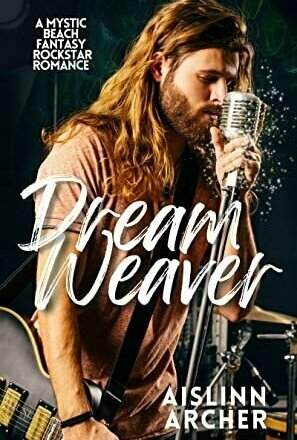
Dream Weaver (Mystic Beach #2)
Book
His rise to rock-and-roll stardom pulled them apart. Can a magical summer at the beach bring them...
RockStar Romance Celtic Spirituality - Irish
Kirk Bage (1775 KP) rated Ghosteen by Nick Cave & The Bad Seeds in Music
Mar 3, 2020 (Updated Aug 6, 2020)
Because of this personal preference, I have ended up virtually listening to Ghosteen on loop for a full week, as it leans very definitely towards the softer side of his soul – at times almost ambient dreamscape, washing over you like tired thoughts just before sleep. And, often, that is what it became for me: a night album to drift away to.
It is an album about grief, regret, spirituality and humanism. There is a misconception that it is wholly inspired by the death of Cave’s son Arthur, but, in his own words, it was more the death of band member Conway Savage that allowed the themes and lyrics to become the work.
As always, it is Cave’s poetry that emerges as the backbone and soul of every song. The melodies wash over you, at times indistinguishable as separate tracks, and you begin to feel invited into a man’s heart and mind as he explores mortality, shifting between anger, acceptance, fear and hope, in a segue of sound that feels ultimately like a mood painting, defying criticism.
At times listening feels like an intrusion; like these thoughts are too personal to eavesdrop on. At other times, you feel taken by the hand and invited to look at something beautiful. If you allow yourself to be taken on this journey willingly, your empathy will be coaxed and encouraged, and it will be safe. Sadness is only one part of grief, seems to be the message, and it’s a message I relate to and adore.
Labels such as “art-rock” and “post-punk” get thrown at Cave, in futile efforts to pin him down. I think it best not to try. For me, he is truly one of a handful of musicians alive who can be called an artist without hyperbole. His work has texture and emotion that goes beyond how we normally judge music. Making it ok to not “like” a song, as long as it tells part of the story.
For sure his best work for quite a while. At times, so perfect it seems churlish to judge it at all.
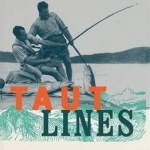
Taut Lines: Extraordinary True Fishing Stories
Book
Since the earliest writings of civilization, people have been writing about fish and the pursuit of...
Moses Boyd recommended Grounantion by Count Ossie & The Mystic Revelation of Rastafari in Music (curated)
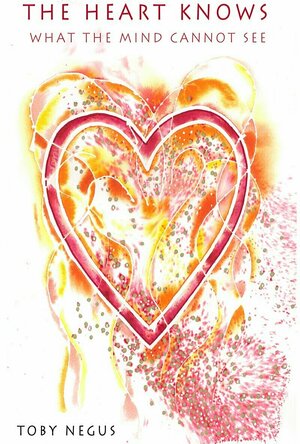
The Heart Knows What the Mind Cannot See
Book
This is a thought-provoking and enlightening exploration of spirituality and perception. The text...
Self Help Mind-Body-Spirit

Expanded Lovemaking: Sex, Love, and Consciousness
Podcast
Enjoy juicy and informative interviews with the acclaimed author Dr. Patti Taylor of...
